
Cultural guest Ville Ranta paints on the slippery slope of freedom of expression. The cartoonist’s satire, which hits in many directions, is particularly offensive to men.
A naughty female stands on the back of a cat-imitating naked bearded man and rambles on about how multiple relationships add value to life.
– The cartoon is embedded in the discourse of our time: every week a new name is invented for a new form of relationship, and the whole phenomenon is discussed in flowery language. Many people took the cartoon very personally.
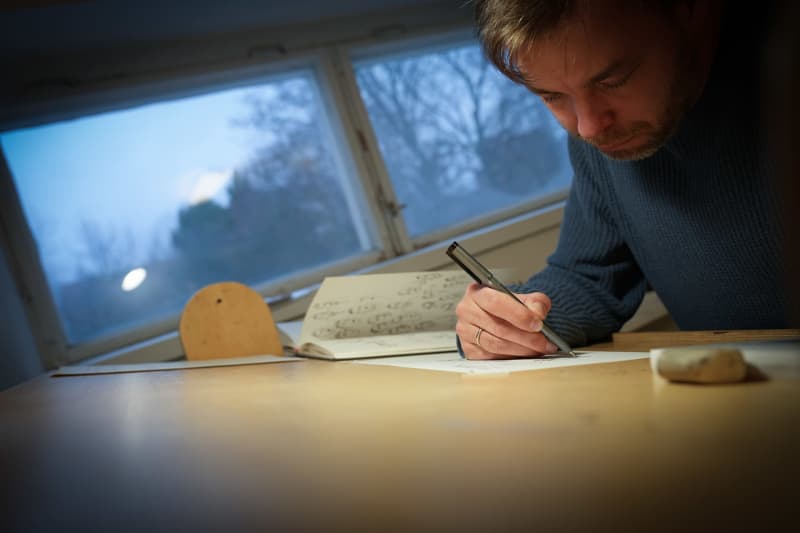
Mission to expose hypocrisy
The Polyamory drawing encapsulates the philosophy of Ranta’s art: nothing is sacred and everyone is ignored regardless of party affiliation, gender or ethnicity.
Most of the time, Ranna’s goal is to expose people’s hypocrisy, human weaknesses and double standards. People have a very strong need to be good people in the eyes of others – and of course also in their own eyes.
– There is a sad result when good people don’t realize that sometimes they also do wrong and act badly.
Through vices and weaknesses, Ranta also approaches political issues and the use of power.
– The main role of a cartoonist is to act as a critic of the use of power and to try to strip the use of power of the respect it automatically arouses.
There is a paradox associated with Ranta’s work: he finnishes those in power, but he himself is one in a way. After all, today he has an audience of hundreds of thousands of readers in Iltalehti. Ranta emphasizes that even though he does not have decision-making power, he has even more say. This is good to know.
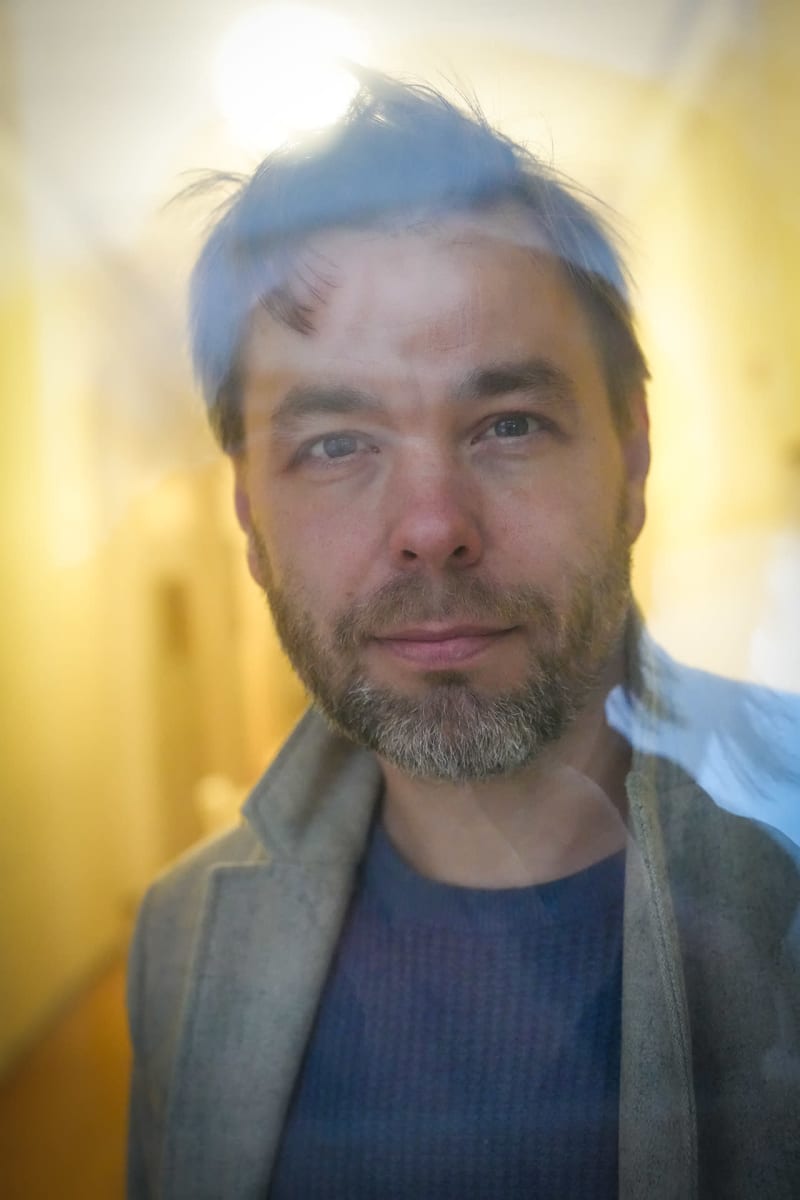
The moral guidelines tailored for cartoonists, according to which one should always strike upwards and never downwards, no longer work for Rannta.
Blasphemy is a time-honoured criminal offence
Freedom of speech is linked to the power of speech, the current situation in Finland, for example, has been pondering Ville Ranta for some time. According to the cartoonist, there is something extraordinary in the air, because the limits of freedom of speech are being tested, examined and perhaps even narrowed.
Several criminal reports have been made about the beach in the past, but exceptionally the new case has progressed further to the point of criminal investigation. This upsets the beach.
– Of course, as a cartoonist, I am aware of the laws restricting freedom of speech and I take them into account in my work.
He cannot say why the drawings could have been guilty of inciting a ethnic group or violating religious peace.
Finland is one of the few western democracies where a crime like violating religious peace is usually found. According to Ranta, it is problematic that you can be guilty of violating religious peace if, for example, you *disparage* things that religious communities consider sacred.
– Humiliation is an old-fashioned word that can mean anything. In my opinion, such a law is no longer needed in present-day Finland.
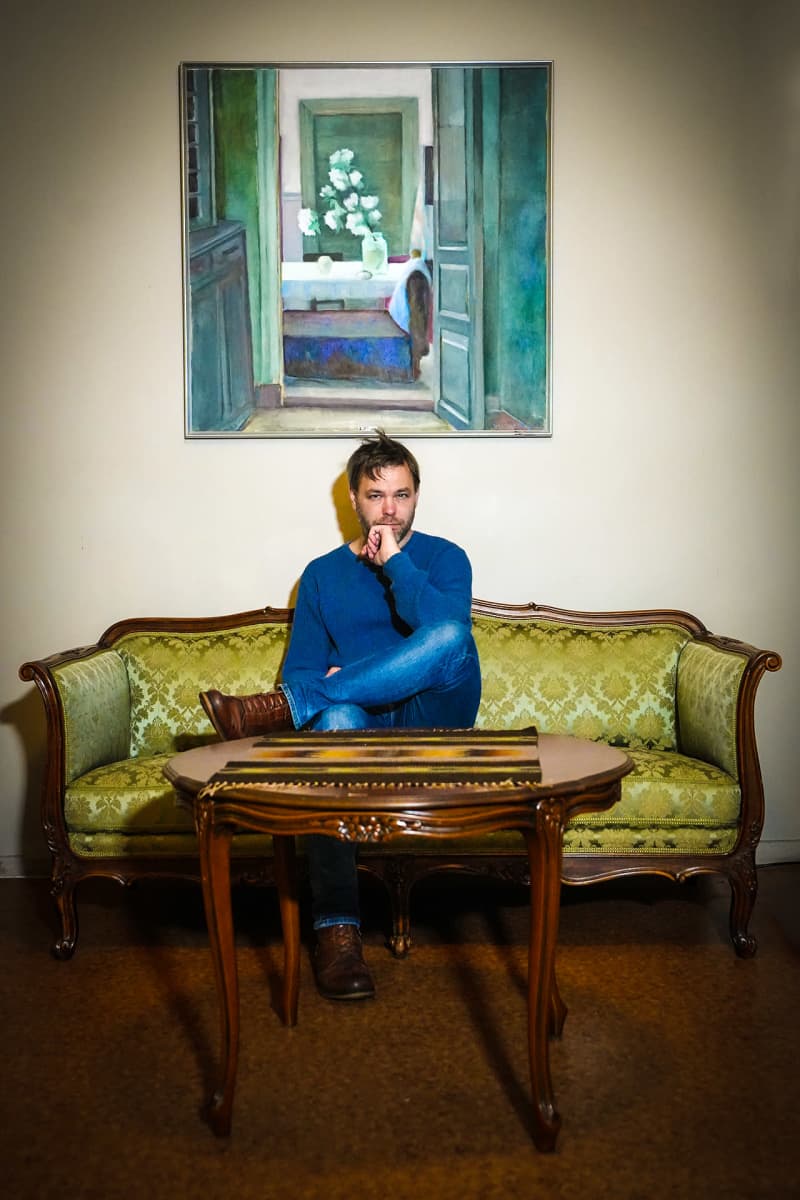
On the other hand, in Ranta’s opinion, the criminal title of incitement against a national group, which is commonly used in Western countries, is at the heart of constitutional issues and human rights, but its use against politicians’ blogs and caricatures is questionable. This crime title also uses words that can mean anything by definition.
– Until the last few years, I have thought that even though the law in question says so and could be interpreted in this way, it would not be applied in Finland to limit normal social discussion. However, something has clearly changed now.
According to Ranna, the citizens would be able to judge the cleverness and importance of the aforementioned opinions themselves instead of going to court.
– Based on these cases, freedom of speech may be being limited again.
When Ranta was ordered to be questioned by the police, he felt that an atmosphere of fear was created over the political satire.
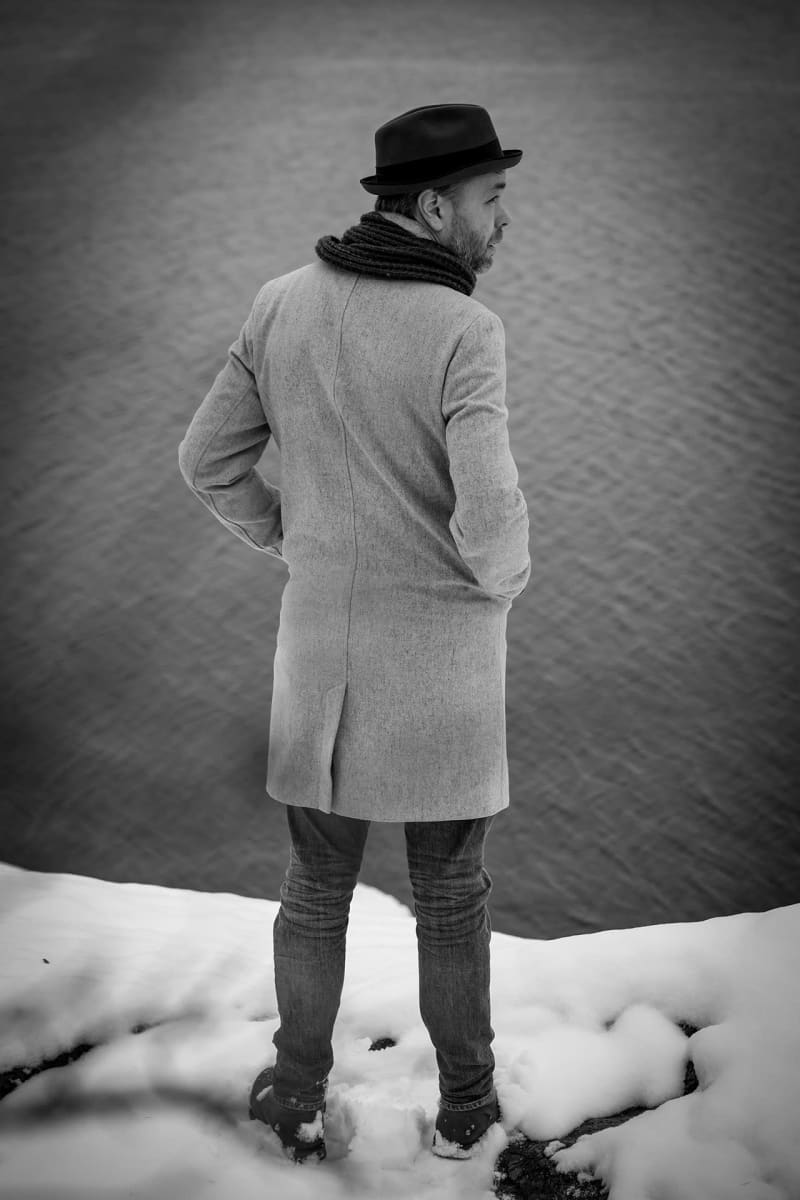
Although Ville Ranta is confident about the future of Finland’s freedom of speech situation, a concrete extreme example of the systematic silencing of people can be found right next door.
– During the last 15-20 years, freedom of speech has been completely destroyed in Russia: first a little, then a little more, and when the rest is taken away, people may not even notice it anymore.
Ranta emphasizes that freedom of speech is something that is difficult and complicated to build, but terribly easy to abolish.
Why would a painting law be needed?
According to Ville Ranna, freedom of speech is limited both in Finland and in other Western societies by hate speech and harassment.
Ranta believes that we have a free speech problem on our hands if people don’t dare to express their opinions.
– In addition to defamation and persecution, we already have incitement against a national group in the law. Rather, the problem is that the police have not intervened or been able to intervene in all the harassment that they should have intervened in.
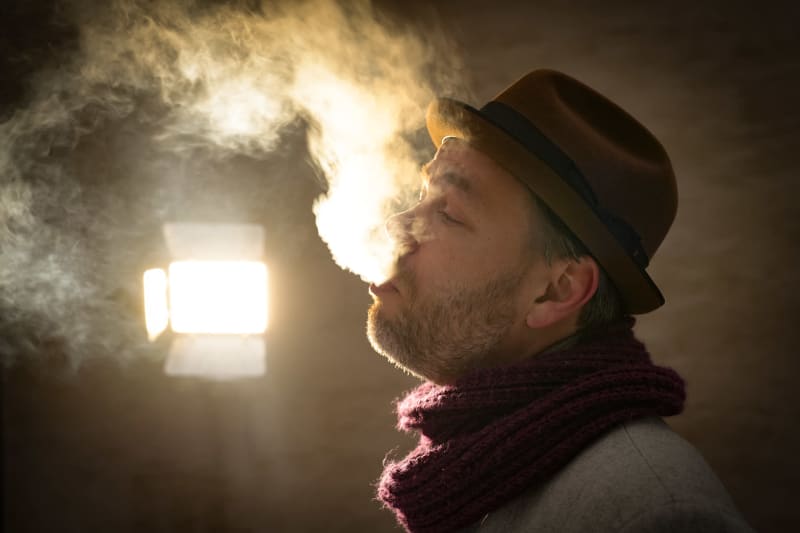
In Ranna’s opinion, it would be better if we could strictly follow the existing laws, which in themselves limit freedom of speech. The Painting Act also raises a few relevant questions in Ranta:
– Could Yleisradio be accused of smearing if it does several very critical stories about, for example, a minister or a member of parliament? Politicians are already calling criticism directed at themselves paint.
Social media horrors
Global threats to freedom of speech include political Islam. In the 2015 series of terrorist attacks in Paris, Islamists murdered more than 130 people. After this, many artists have had to think about what they dare to draw and what not.
– As a cartoonist, I know and feel that the impact of the terrorist attacks in Paris on the industry was huge, admits Ville Ranta.
Limiting satire against Islam has also become topical in Sweden. The agenda of the new Partiet Nyans party, which has been very successful in the suburbs, includes banning by law all caricatures depicting the Prophet Muhammad.
Ville Ranta puts social media in the center of global freedom of speech problems.
Ranna thinks it’s terrible that practically all people, from politicians to artists, are dependent on social media.
– Instagram is developing in a direction where algorithms choose what we see and Twitter has just been bought by the world’s richest man, which seems like an unstable case.
And what about the United States? According to Ranta, the model country of freedom of speech is currently in direct discount mode; American society is divided in two and both sides are trying to limit each other’s freedom of speech, which they can.
– Others want to be able to define in what way and with what words people and things can be talked about, while others try to prevent the promotion of equality and the discussion of sexuality.
Men are sensitive
A decade ago, Ville Ranna’s caricatures were especially popular with basic Finns. According to Ranna, the reason was partly that after the 2011 jytky, Perussuomalaiset felt that it represented the people rather than being a traditional party.
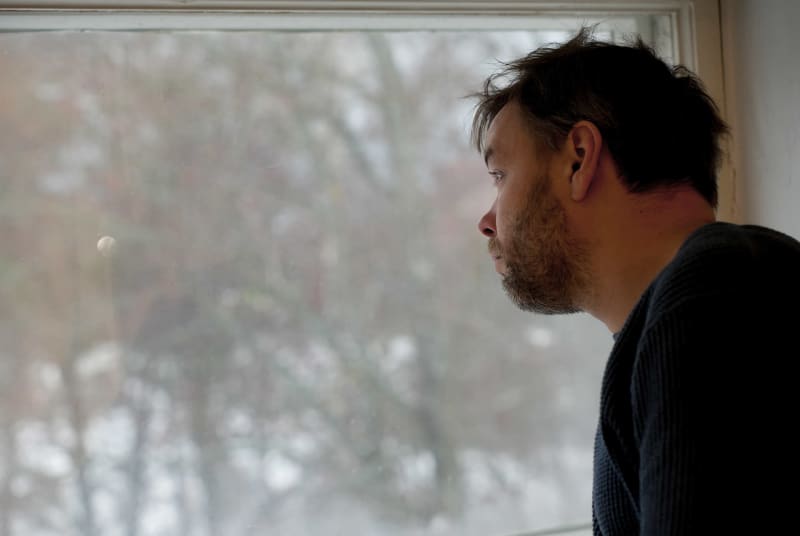
– At the time, they had an extremely low tolerance for criticism, and I received a lot of angry feedback from them. Now the situation has clearly changed.
According to Ranta, it is in the spirit of the times that different groups and factions are regularly offended by caricatures aimed at them and demand respect for themselves.
– Nowadays, satire and criticism are often interpreted as hatred and hate speech.
According to Ranta’s experience, especially men are easily injured. They may throw their \”shovels into the project\” and get completely triggered if the topic of the drawing is the price of gas or refugees.
– If the drawing is related to sex, sexuality or gender, people are sensitive – not necessarily for themselves but also for others.
The above-mentioned is also related to Ranna’s recent wake-up call, which gave rise to \”stupid and hateful persu accusations\”. The cartoonist is amused that the existence of a phenomenon is denied. Or that it is required to speak about it in certain words or in a way.
– These are the miserable conversations of this decade, which will probably be laughed at afterwards in the same way as the political jargon of the 1970s.
*What are your thoughts on freedom of speech? You can in the center on 12.12. until 11 p.m.*
*Added at 18:53 a mention that the district court dismissed the charges against Päivi Räsä and that the verdict has been appealed to the Court of Appeal.*
